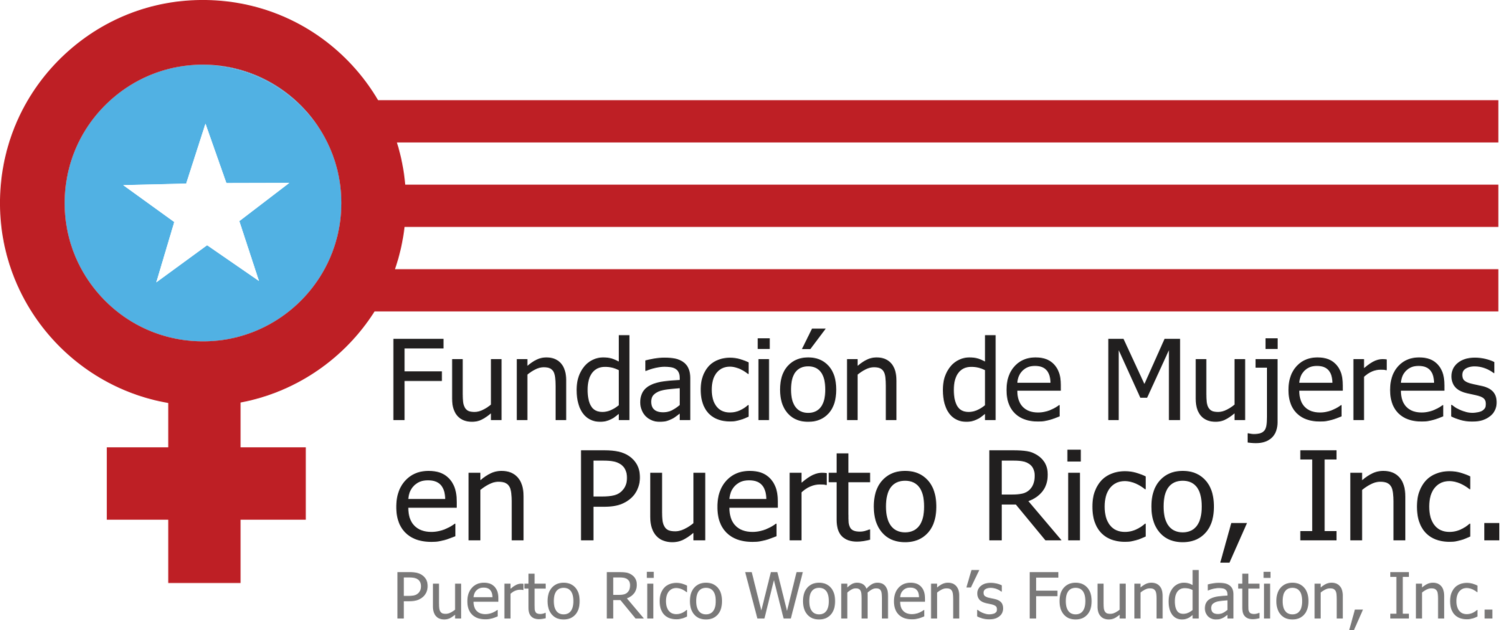PHILANTHROPY AND COLONIALISM
Philanthropic Funds and Colonialism: Navigating Puerto Rico’s Funding Labyrinth
Puerto Rico Faces a Structural Crisis in Access to Philanthropic Funds. Despite having a vibrant ecosystem of community organizations addressing urgent crises—from gender-based violence to food insecurity and climate change—most operate under conditions of financial precarity. This fragility is not coincidental: it is the direct result of Puerto Rico’s colonial condition and a philanthropic system that has historically rendered the archipelago invisible.
When these funds are reduced, the blow falls hardest on the most vulnerable communities: women, children, older adults, LGBTQ+ people, and racialized groups. Women-led and queer-led organizations that provide emergency shelter, legal assistance, psychosocial support, and other frontline responses often lack financial cushions or reserves to survive sudden cuts.
Adding to this is a common philanthropic practice: channeling funds to large U.S.-based organizations to run programs “in” Puerto Rico, without creating direct relationships with local groups or strengthening long-term local capacity. This perpetuates philanthropic extractivism and entrenches inequality in the distribution of resources.
This creates a colonial trap: we are not a priority for U.S. philanthropy, nor are we eligible for international cooperation. This double exclusion leaves local organizations at a disadvantage. Despite their expertise and leadership, they are forced to compete for scarce funds, often burdened by disproportionate requirements and inaccessible bureaucratic processes.
Dependence on Federal Funds: A Symptom of Philanthropic Isolation
Because sustained access to private philanthropic funds has been largely absent, many organizations in Puerto Rico have depended for decades on federal funding to sustain their operations. This dependence is particularly risky in times of crisis. In recent years, we have seen significant cuts to federal allocations, alongside bureaucratic delays and restrictions that limit the effective execution of projects. The result: weakened support networks and essential services placed at risk.When these funds are reduced, the blow falls hardest on the most vulnerable communities: women, children, older adults, LGBTQ+ people, and racialized groups. Women-led and queer-led organizations that provide emergency shelter, legal assistance, psychosocial support, and other frontline responses often lack financial cushions or reserves to survive sudden cuts.
Limited Access to Private Philanthropy
Puerto Rico is systematically excluded from the investment strategies of most U.S. philanthropic foundations. Although politically part of the United States, the archipelago is geographically outside the radar of many national funders. Even though our communities face challenges similar to those of Black, Latinx, Indigenous, and Southern communities in the continental U.S., our organizations are rarely included in open calls, technical assistance programs, or collaborative networks.Adding to this is a common philanthropic practice: channeling funds to large U.S.-based organizations to run programs “in” Puerto Rico, without creating direct relationships with local groups or strengthening long-term local capacity. This perpetuates philanthropic extractivism and entrenches inequality in the distribution of resources.
International Cooperation: Another Closed Door
Puerto Rico also lacks full access to international cooperation funds. Our political status excludes us from funding directed to Latin America and the Caribbean, such as from the Inter-American Foundation, or from some multilateral agencies that categorize Puerto Rico as part of the U.S. Even though our struggles—climate crisis, gender-based violence, extreme poverty—mirror those of many Global South countries, we remain excluded from these financing streams and philanthropic supporting groups.This creates a colonial trap: we are not a priority for U.S. philanthropy, nor are we eligible for international cooperation. This double exclusion leaves local organizations at a disadvantage. Despite their expertise and leadership, they are forced to compete for scarce funds, often burdened by disproportionate requirements and inaccessible bureaucratic processes.
Transforma Vidas con Tu Donación
Nuestra comunidad conoce del impacto transformativo de la generosidad en la equidad de género. Sé parte de esta transformación.
Dona hoy y
sé parte del cambio.
FOLLOW US
NEWSLETTER
La Fundación de Mujeres en Puerto Rico se rige bajo el código 1101.01 del Departamento de Hacienda del Estado Libre Asociado de Puerto Rico y bajo el código de Rentas Internas Federal 501(c)(3). Nuestro número de identificación es 66-0931262. Toda donación es deducible de sus impuestos.
© 2025 Copyright Fundación de Mujeres en Puerto Rico, Inc.
Powered by WestCode, LLC




